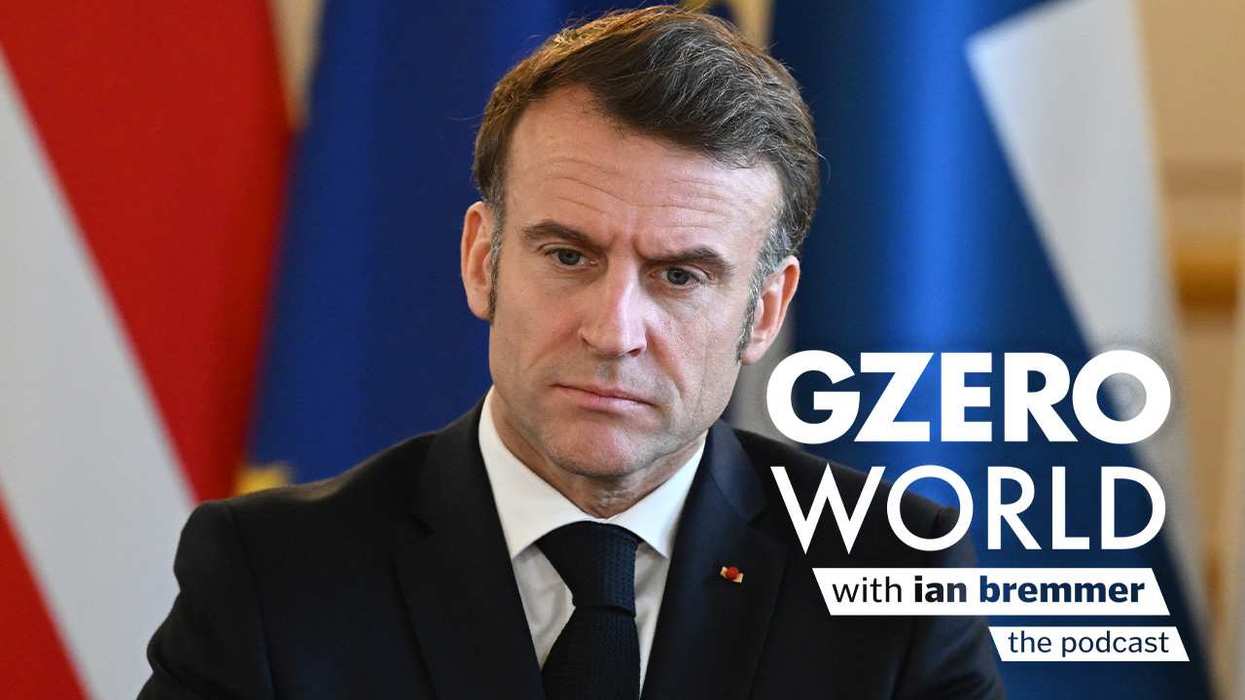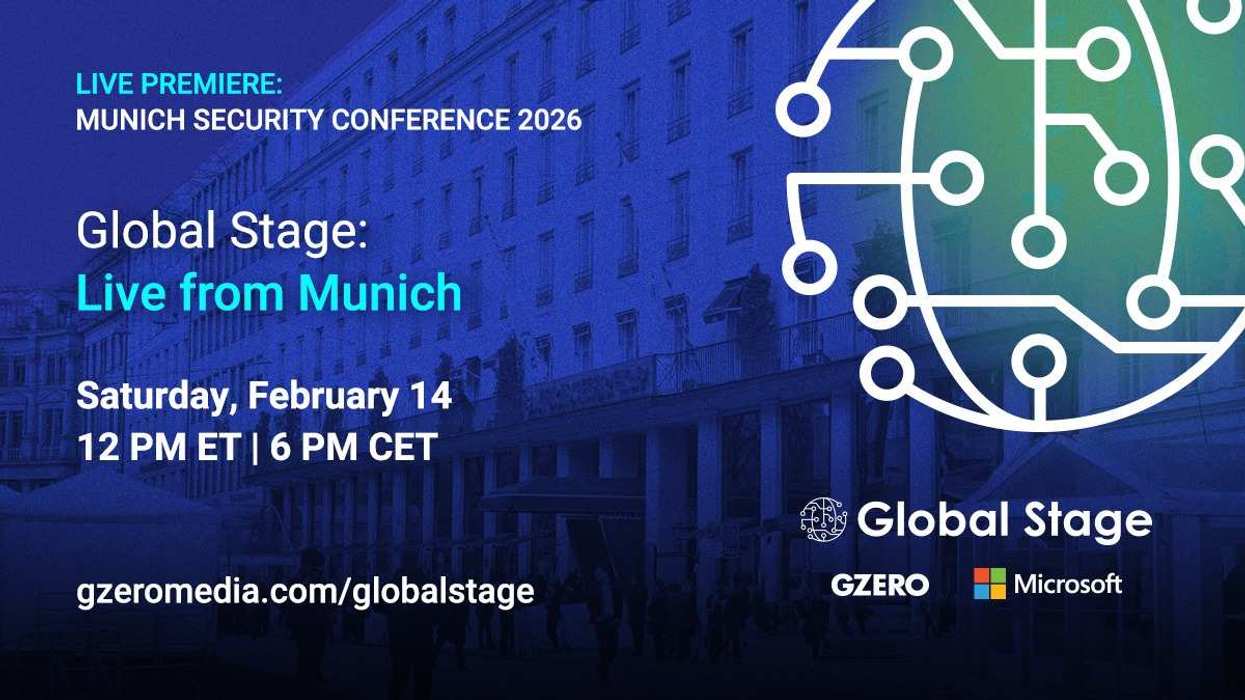GZERO World with Ian Bremmer
How Europe is moving on from Trump's America
Europe looks increasingly prepared to defend itself without America. Ian Bremmer and Ivo Daalder assess what that means for NATO, Ukraine, and the future of the West.
Feb 23, 2026










